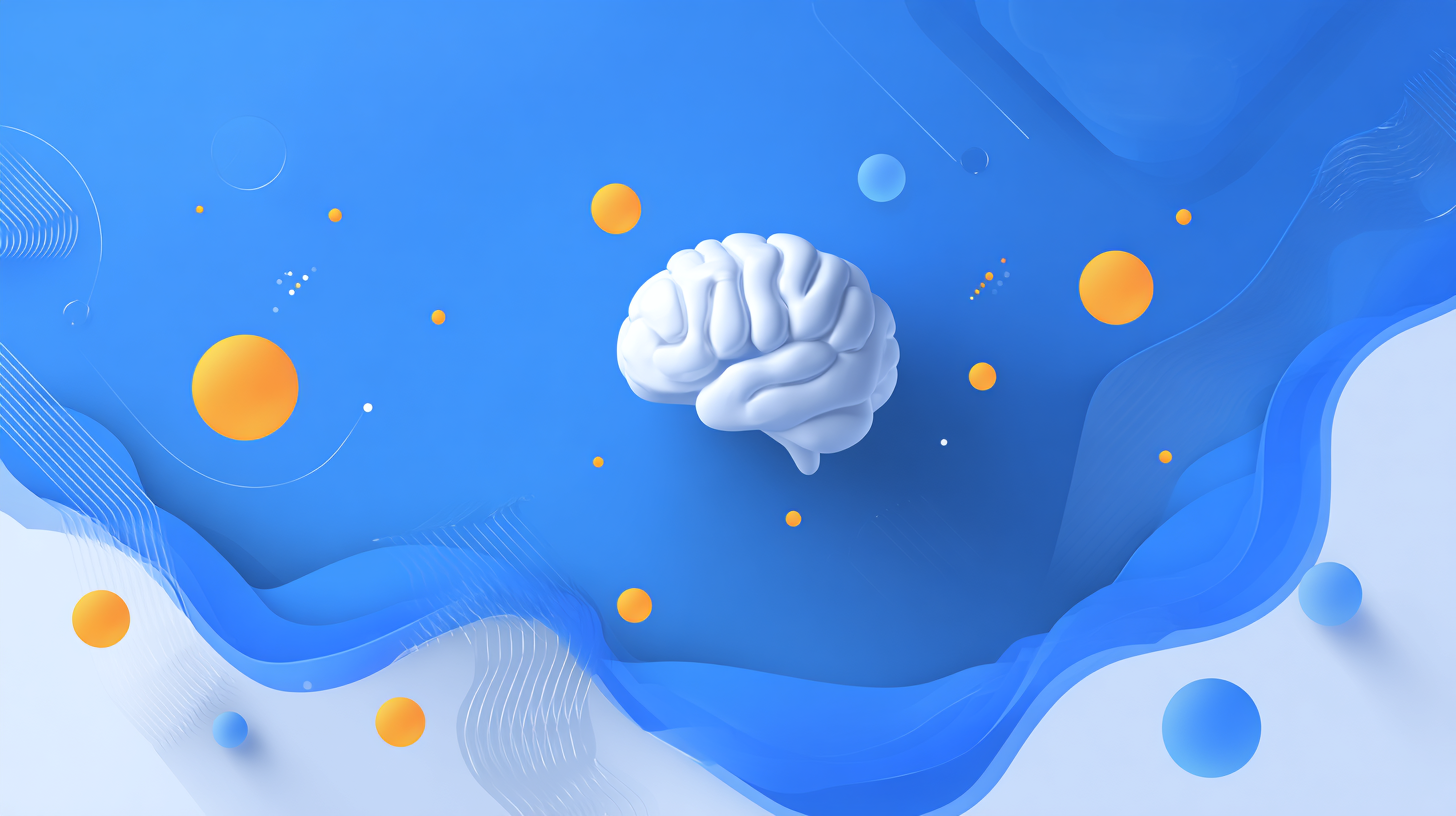As the landscape of Human Resources (HR) rapidly evolves, the integration of artificial intelligence (AI) is becoming a game-changer for staffing solutions worldwide. AI has opened new avenues for efficiency, accuracy, and strategic planning in HR operations. In this blog post, we will explore how AI agents are transforming HR strategies, specifically in predicting attrition, designing succession plans, and guiding high-potential talent. For HR professionals, CHROs, and organizational leaders, understanding these applications of AI is crucial for building a resilient workforce.
The Impact of AI on HR Operations
AI in HR is not merely a trend; it represents a fundamental shift in how organizations approach talent management. By leveraging data-driven insights, HR leaders can make informed decisions that promote employee engagement and retention. For instance, AI tools can analyze historical employee data to identify patterns associated with attrition, equipping leaders with the knowledge needed to combat turnover.
Key Challenges Addressed by AI in HR
Despite its benefits, integrating AI into HR comes with challenges. However, the potential rewards are substantial:
- Predicting Attrition: AI algorithms can analyze employee behavior, engagement levels, and external factors to forecast who might leave the organization.
- Designing Succession Plans: AI can assess the skills and competencies of current employees, helping to create a pipeline of talent ready to fill critical roles in the future.
- Guiding High-Potential Talent: AI platforms can identify high-potential employees and recommend personalized development plans to nurture their growth.
Predicting Attrition: A Strategic Approach
Attrition remains one of the most pressing concerns for HR professionals globally. Research indicates that replacing an employee can cost an organization up to 200% of that employee’s annual salary. Therefore, predicting attrition effectively can save significant costs and enhance organizational stability.
AI-driven analytics start with a robust data pipeline that aggregates various sources, including employee surveys, performance evaluations, and exit interviews. For example, a multinational company implemented an AI-based solution that analyzed over a decade of historical HR data. As a result, they accurately predicted which departments faced a higher risk of turnover, allowing leadership to address concerns proactively.
Designing Succession Plans with AI Insight
Succession planning ensures that organizations are prepared for changes in leadership and critical roles. AI can greatly enhance this aspect by forecasting organizational needs and identifying existing employees with the potential to fill those gaps. For instance, AI algorithms can evaluate factors such as skill development, job performance, and career aspirations to pinpoint employees who are candidates for advancement.
Furthermore, organizations can leverage AI-generated insights to create tailored development plans for these candidates, ensuring they are equipped with the necessary skills for future roles. This strategic approach not only enhances employee satisfaction but also builds a more robust internal talent pool.
Guiding High-Potential Talent
Identifying and developing high-potential employees (HiPos) is crucial for any organization aiming for long-term success. AI can streamline this process by analyzing large datasets to spot emerging leaders. For instance, performance reviews can be cross-referenced with behavioral data to uncover talent with leadership capabilities.
Once identified, organizations can implement focused growth plans that might include mentorship programs, specialized training, and stretch assignments. Consequently, HR professionals can foster a culture of continuous development and alignment with the company’s strategic vision.
Global Relevance of AI in HR
The implementation of AI technologies in HR is not limited to any specific geographic region. Companies around the globe are leveraging AI to enhance their HR strategies. For instance, organizations in Europe are utilizing AI to promote inclusion and diversity by analyzing recruitment data to eliminate bias in candidate selection.
Moreover, industries like information technology and finance have seen increased adoption of AI tools to streamline their hiring processes, improve onboarding experiences, and enhance employee engagement through personalized experiences. This global trend underscores the importance of AI in HR and its capability to address unique regional challenges.
Addressing Concerns: Technology and Trust
As organizations embrace AI, concerns related to data privacy and security emerge. HR leaders must ensure that they comply with regulations, such as GDPR in Europe or CCPA in California, when implementing AI solutions. Transparency in data usage and ethical considerations are also paramount.
It is essential to cultivate trust among employees regarding the use of AI in HR operations. Clear communication about how AI will be used to support employees rather than replace them is vital for fostering a positive environment. Furthermore, incorporating employee feedback in AI implementations can enhance acceptance and trust.
Actionable Insights for Implementing AI in HR Strategies
To reap the benefits of AI in HR, organizations can take the following actionable steps:
- Assess Current HR Processes: Identify pain points in your HR processes that could benefit from AI integration.
- Invest in Technology: Choose AI solutions that are scalable, user-friendly, and tailorable to your needs.
- Build a Data Strategy: Implement strong data governance and security measures to protect employee information.
- Promote a Culture of Innovation: Engage employees in discussions about how AI can enhance their work experience and address their concerns.
- Continuous Training: Train HR staff and organizational leaders on the effective use of AI tools to maximize their potential.
Conclusion
In conclusion, the transformative impact of AI agents in HR presents a wealth of opportunities for organizations striving to enhance their staffing and talent management processes. By adopting AI technologies, HR professionals can proactively address key issues such as attrition, succession planning, and talent development. As such, integrating AI into HR strategies is not just an option; it is essential for staying competitive in today’s dynamic business environment.





